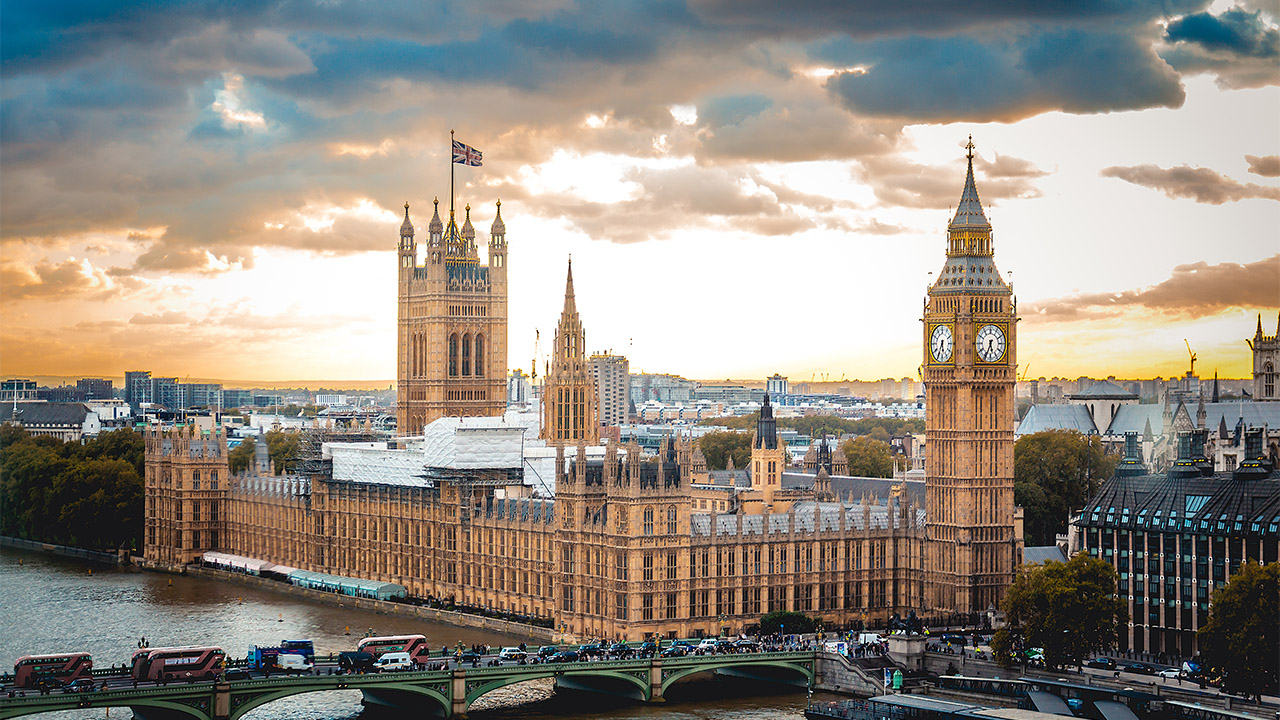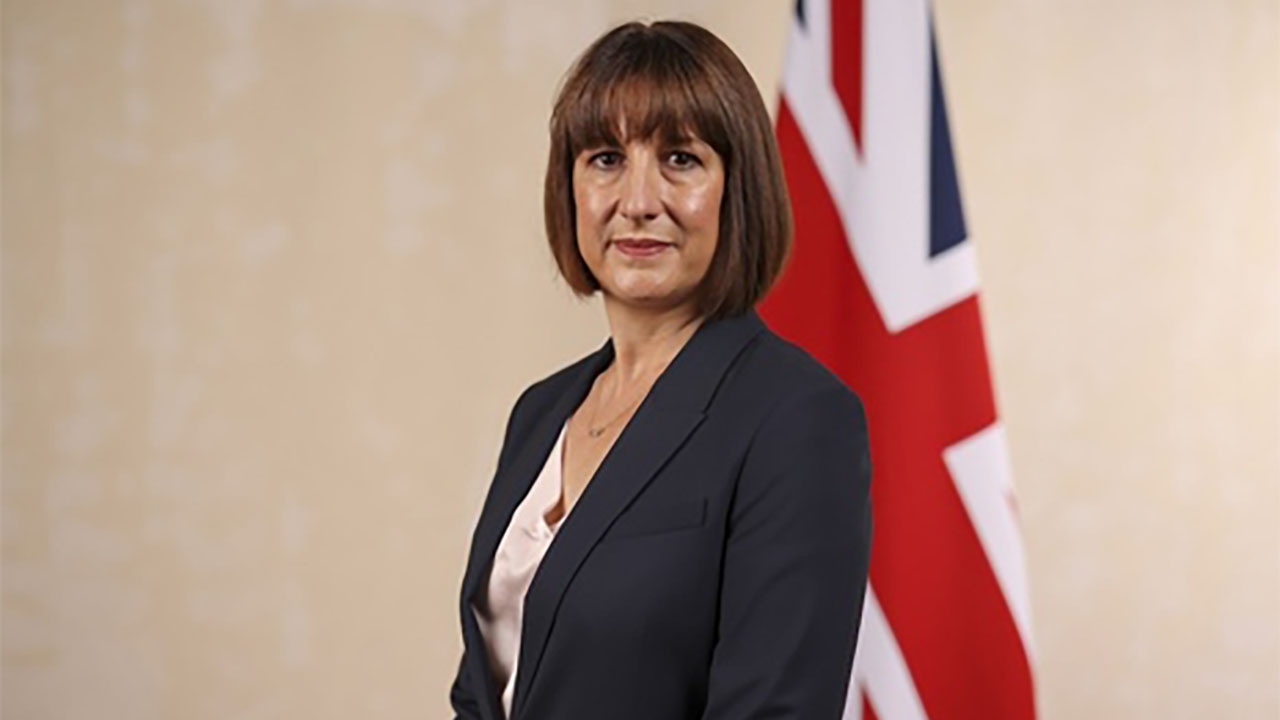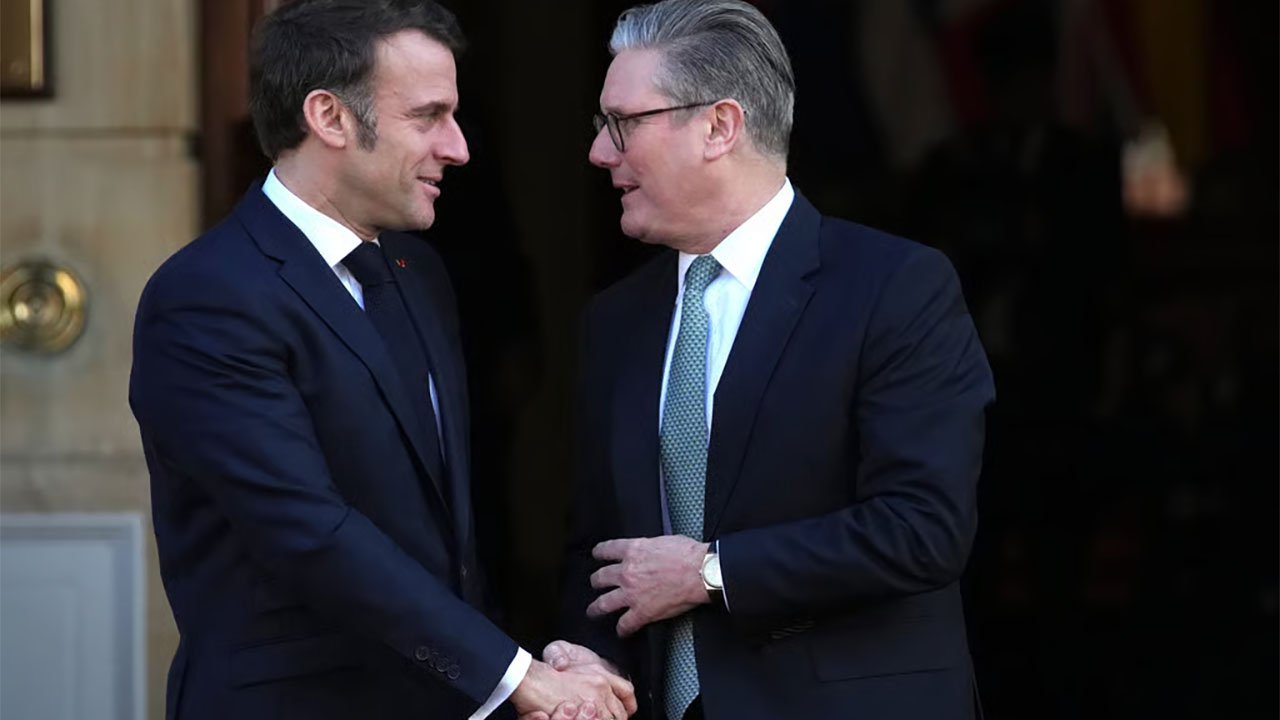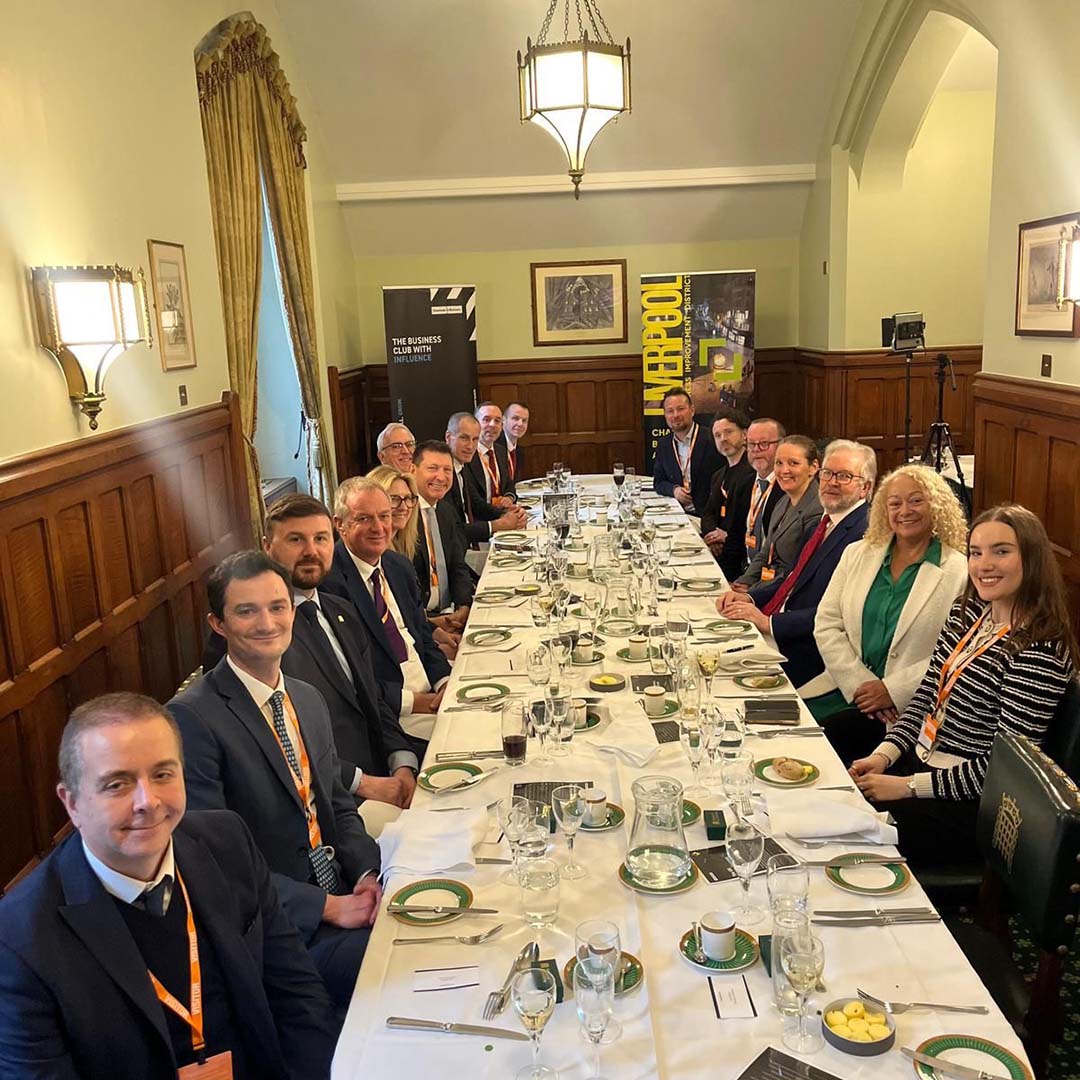The government seem to be set on a hard-line course on strikes and refugees. It is a tricky balancing act. The surge of support for the Tories, which gave them a thumping majority exactly three years ago, has turned into an equal (but unconvincing) Labour advantage of equal proportions.
Taking a tough approach might work. Something drastic clearly has to be done about the small boat crisis and support for the rail strikes seems to be wavering inside and outside the Rail, Maritime and Transport Union. The nurses are a different matter. Their reluctance to strike and willingness to mitigate their action is impressive. Their pay has fallen by 20% since 2011. They will clearly settle for less than the 19% they have been reported as claiming. The figure was denied by their union leader.
The government fear that a generous settlement with the nurses will lead to all the other striking union members feeling entitled to the same. That would cost £15bn and is clearly not affordable. The Tories won’t increase taxes anymore and borrowing might lead the markets into a Truss style tizzy. Ministers will have to gauge which striking group’s cause has merit and public support and which has not.
It is a difficult problem. The notion parroted by ministers that public sector pay is all a matter for the pay review bodies is nonsense. It is a fiction that they are independent. They are required to take into account “affordability.” Who decides that? The government. The other issue with the review bodies offer is that they were determined in February when the surge in inflation had not taken place.
But we can’t return to the approach of the Labour government in the sixties and seventies. Then we had the spectacle of the Prime Minister holed up in the Adelphi Hotel in Liverpool bashing out a pay deal with the dockers. This was followed by the destruction of the Callaghan government as it tried to enforce successive pay policies.
Let’s move from talking about the Labour Party of Wilson and Callaghan to that of Sir Keir Starmer. The Opposition’s line is that the government should talk to the strikers, which they are to some extent. What does Labour mean by Ministers should talk. Do they actually mean they should get into the weeds of whether train drivers should operate the doors? Or do they have a pay figure in mind that Labour would settle for if in power? When they are asked what that figure might be, they choke.
The fact is roaring inflation caused by the Ukraine crisis and domestic mismanagement has caused this wave of strikes. It will only be solved by inflation falling (there are signs this may be happening) and by pay deals around 8%.
The crisis won’t be solved by the approach of one Tory Minister who claimed the strikes were playing into the hands of Vladimir Putin by causing divisions in our country. What did that was Brexit which the Russians campaigned for.














